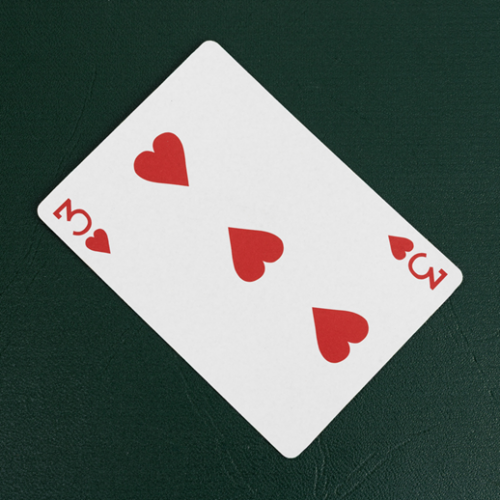problem
Today's Date - 01/06/2009
What do you notice about the date 03.06.09? Or 08.01.09? This
challenge invites you to investigate some interesting dates
yourself.

A game for 2 people using a pack of cards. Turn over 2 cards and try to make an odd number or a multiple of 3.
A game for 2 or more players with a pack of cards. Practise your skills of addition, subtraction, multiplication and division to hit the target score.